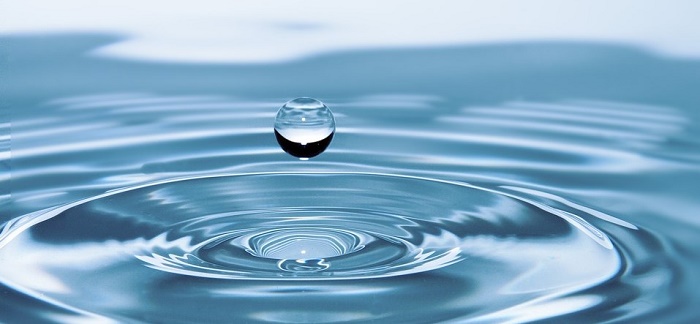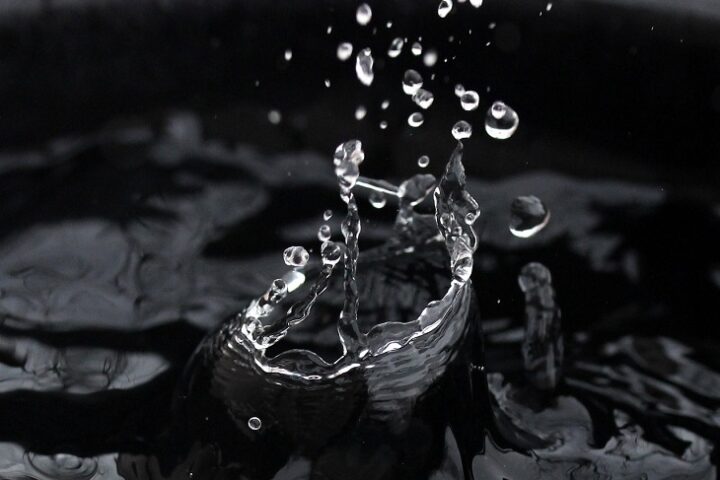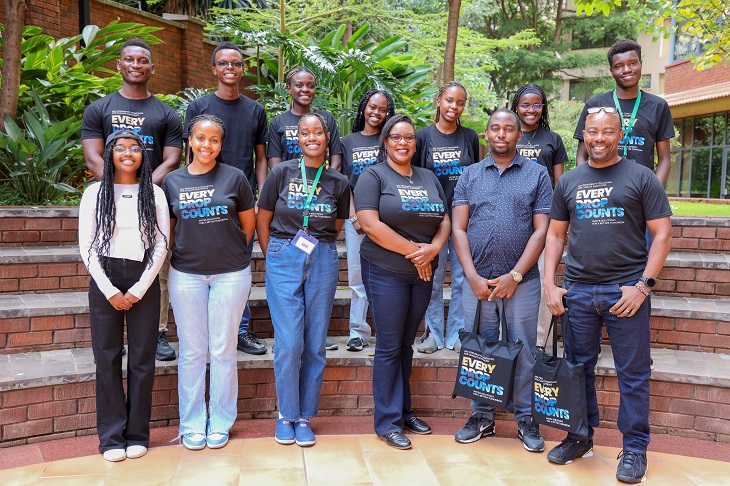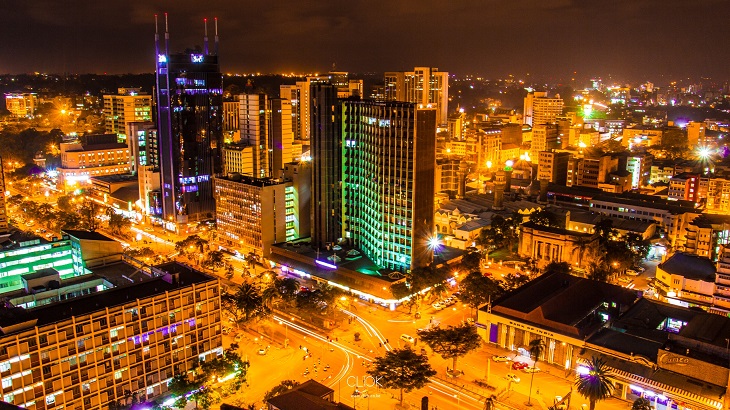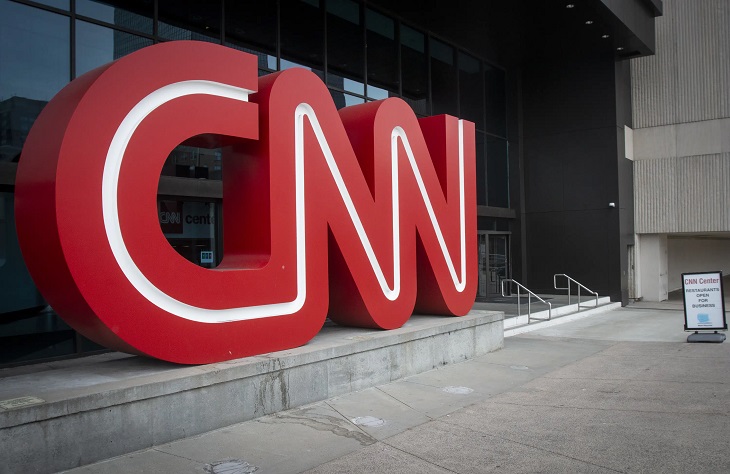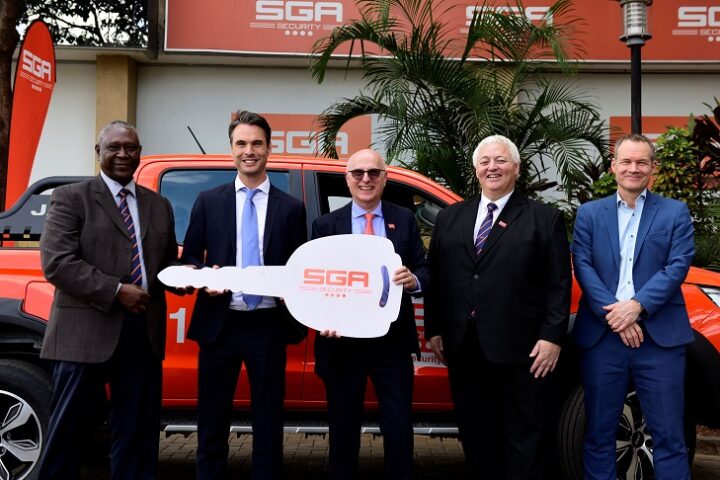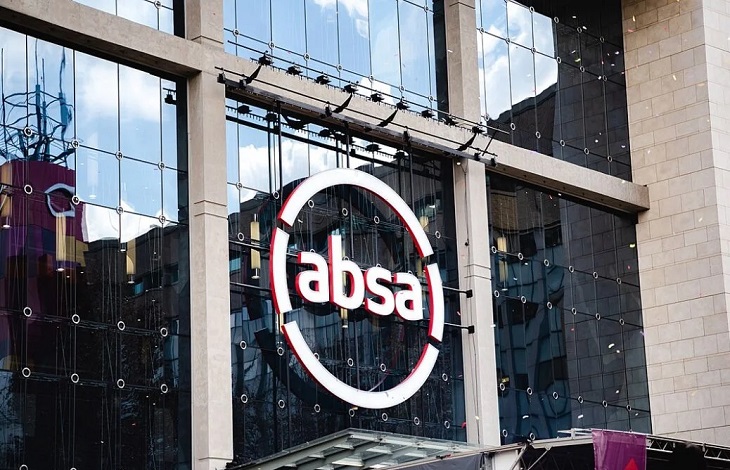Nestlé’s factory in Nairobi has reduced by half the volume of water it draws from Nairobi City Water on a daily basis by implementing a series of cost-effective and easily replicable water conservation measures.
The factory has streamlined the use of high-pressure water guns and installed time flow controlled push taps in all the social blocks to reduce the amount of water used for cleaning and sanitation. In addition, circular water management and rainwater harvesting provide alternative water sources for non-manufacturing uses across the factory complex located in Nairobi’s industrial area.
“The results of these efforts have been a reduction of water consumption per ton of product by up to 50% over the last three years, greatly reducing the volume of water we draw from the Nairobi City County. The focus is on efficiency in water usage, reducing wastage at various points of use, and finally wastewater treatment,” said Mr. Kenneth Emase, Nestlé Kenya Factory Manager.
The Kenya Industrial Water Alliance (KIWA), a public-private-civil society platform aimed at addressing water security risks for industries and businesses, has been working with Nestlé and other manufacturers to identify and scale-up water-use efficiency interventions to help reduce pressures on the country’s water resources.
“Nairobi’s water supply is 20 percent lower than required; and by 2035, it is expected to be more than 60 percent lower than projected demand. With industrial water, demand predicted to increase by 125 percent between 2014 and 2030, addressing the challenges of unreliable and decreasing water supply, in addition to flooding, pollution, and catchment degradation, will be vital to ensure the continued and sustainable industrial growth in Nairobi and other industrial centers,” said KIWA’s Acting Chair and Head of Consulting Services for the Kenya Association of Manufacturers, Joyce Njogu.
According to KIWA, efforts adapted by Nestlé Kenya in water conservation are a clear indication that industries in Kenya can significantly help the country in saving this threatened resource. Kenyan manufacturers have an opportunity to reduce their water use by an average of 20 to 30 percent through cost-effective interventions similar to those implemented at the Nestlé Kenya factory. These interventions are industry agnostic, making them applicable across a wide range of manufacturing settings.
“The success of water management efforts will be largely based on preserving our existing water resources,” said Njogu. “Solutions to Nairobi’s water-related challenges can only be found through strong involvement between public, private, and civil society players.”
Nestlé Kenya is committed to engaging in constructive dialogues on water stewardship and is engaged in water conservation activities at national, subnational, and watershed levels throughout Kenya.
In May 2017, Nestlé Kenya commissioned a wastewater treatment plant to clean up the effluent stream from the factory prior to returning the water back to the environment.
“Nestlé has a long history of leadership in water stewardship and we are dedicated to continuous improvement in water-use efficiency. We strive to protect the future by making the right choices in an environment where water is increasingly scarce,” said Emase. “The need to protect our water resources cannot be overemphasized.”


